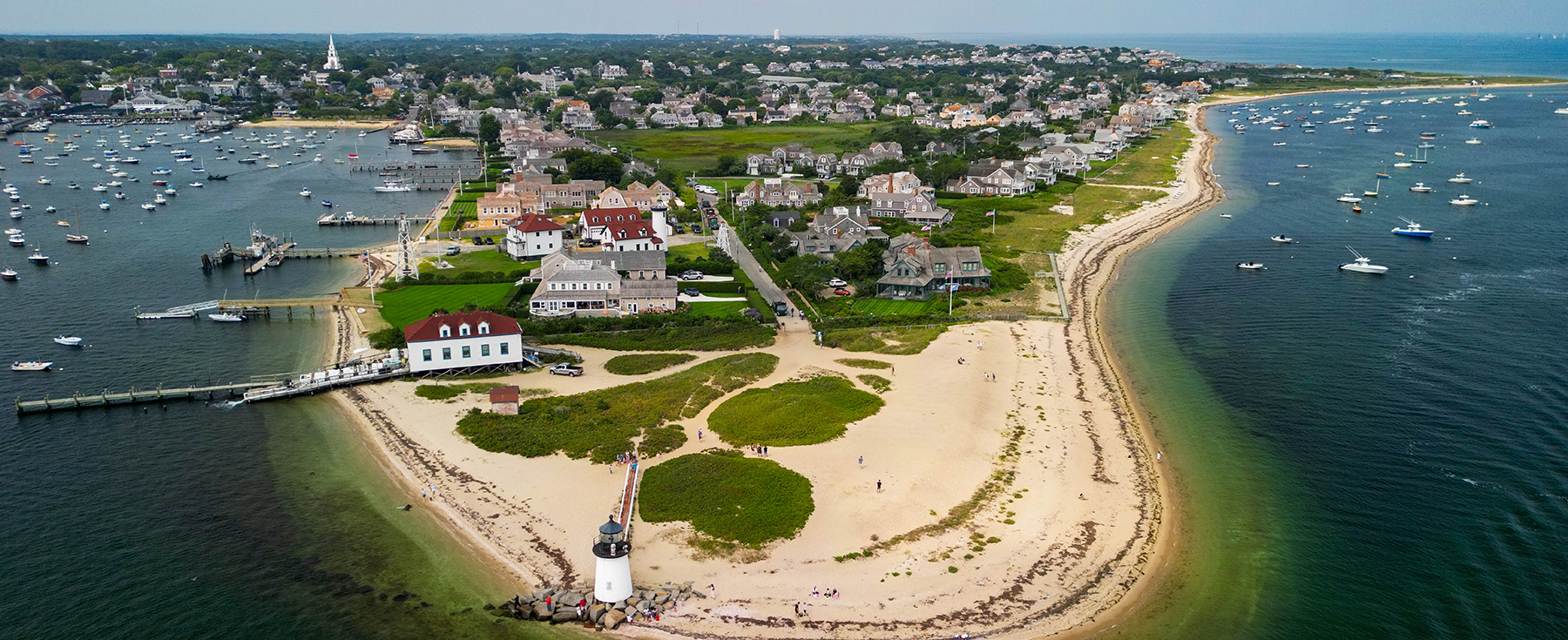
Helpful Things to Know in the Nantucket Real Estate World
08/20/2024
What to Know in the Nantucket Real Estate World
Navigating the real estate market in Nantucket requires understanding several key aspects unique to the island. Here are some essential insights to help you get started:
Zoning
Nantucket has twenty distinct zoning areas, ranging from industrial to protective moorlands management. Lot sizes vary from 5,000 square feet to 10 acres, with allowable ground cover ratios and setbacks defined within each zone. Many properties were built before current regulations and are considered pre-existing non-conforming.
Water and Waste
The island benefits from an aquifer below its surface. The town water, managed by the Wannacomet Water, has wells ranging from 75' to 150' in depth that draw on the aquifer and distribute it to the town's water distribution system. More rural properties on the island have private wells. Sewer services cover densely populated areas such as Sconset Village, Nantucket Town and Mid-Island, while less populated zones rely on septic systems. The sewer is pumped to a water treatment plant on the South Shore. Environmentally sensitive areas may require advanced septic systems.
Historic District Commission (HDC)
The HDC oversees architectural review and approval for building projects. It maintains the island's historic charm and involves a public review process for any new construction or alterations. "Building with Nantucket in Mind" is a valuable resource for guidelines.
Nantucket Conservation Commission
This regulatory board, often called ConCom, oversees island properties under strict regulations to protect the natural environment. It manages permissions for alterations within 100 feet of wetlands and enforces changing regulations to preserve the island's ecosystem. With permissions and conditions, structures can be built up to 75 feet of a wetland edge and the landscape can be altered up to 25 feet of a wetland edge. These regulations may change, and it is important to seek expert advice from a licensed surveyor for anything within wetlands.
General Information
Nantucket spans 47 square miles with a population that swells from 14,500 in winter to 52,000 in summer. Its location 30 miles off Cape Cod, accessible only by ferry or plane, adds to its unique charm and logistical considerations.
Tax Rate and Budget
The island’s annual budget is approximately $150 million, funded largely through property taxes. The current tax rate is $3.13 per $1,000 of property value. In 2023, 10% of revenue came from short-term rentals and lodging taxes.
Short-Term Rental Regulations
Recent debates have led to tighter regulations on short-term rentals to balance community impact with economic benefits. It’s crucial to stay updated on the latest rules if considering vacation rentals. It is worth noting that in 2023, $13,200,000 nearly ten percent of the island tax revenue, was generated from room occupancy taxes that include taxes paid by short-term rental homeowners and lodging establishments.
Conservation Efforts
With nearly 50% of the island preserved, conservation is a priority, managed by various organizations like the Nantucket Conservation Foundation which steward 9,000 acres. The Land Bank is the second-largest conservation group. It continues to acquire land for public benefit through revenue generated by a two percent transfer fee paid on all transactions by buyers. In total, nine very active conservation organizations contribute to keeping portions of the island's landscape open.
Beach Access
Nantucket offers abundant beach access, from popular south shore beaches like Cisco and Surfside to calm beaches along the North Shore. Most beaches are public with parking, though some private beaches exist with restricted access. There has been a long culture of property owners sharing their beaches with the public. As guests of any beach, we are encouraged to stay away from the fragile dunes and leave only our footprints.
Insurance
Homeowner insurance on Nantucket can be expensive due to the high replacement value of properties. It’s wise to consult with specialists familiar with island-specific needs. Seasonal residents often bundle insurance with other homes for better rates.
Whether you're buying, selling, or investing, understanding these facets of Nantucket’s real estate landscape is crucial. Staying informed about local regulations, conservation efforts, and community guidelines will help you make well-informed decisions. For personalized assistance, Great Point Properties offers expert guidance tailored to the unique Nantucket market.